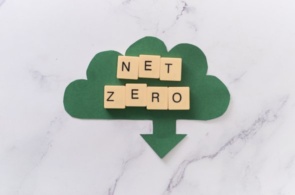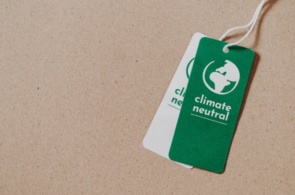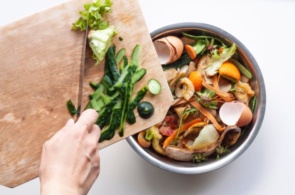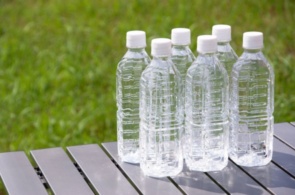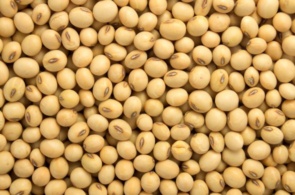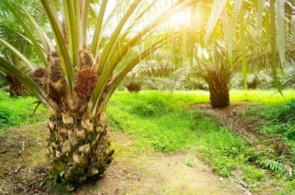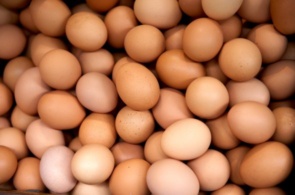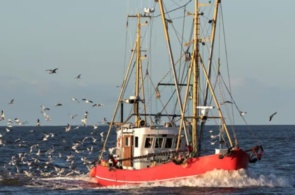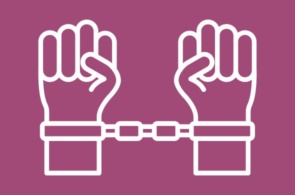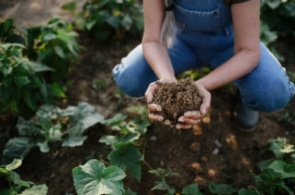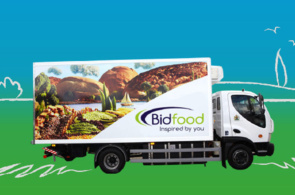| Download all factsheets |
Sustainability fact sheets
As part of our vision to be a positive force for change, we’ve produced a series of fact sheets to help our customers better understand sustainability issues, what we’re doing about them and, crucially, what our customers can also do to drive positive change.
Factsheets

Understanding carbon footprints
Meaningful carbon reduction is challenging if you don’t know what drives it or how to understand it. Our factsheet can help you.
Our net zero targets
Probably the top environmental priority right now, achieving net zero is complex! Learn more here about what we’re doing and how to find out more.
Product carbon footprinting
We’re working hard to help you understand the footprint of the products you buy from us. Click above to learn more about our approach and progress.
Food waste reduction
Food waste reduction is commercially, environmentally and ethically problematic. Our factsheet summarises what we’re doing to progress in our food waste reduction target.
Plastic reduction
The prevalence of plastic is still the main criteria by which consumers judge the social and environmental credentials of a foodservice venue. Click above to see what we’re doing to help.
Sustainable soya
Soya is a huge hidden component in meat and animal-derived products, and in many cases, drives deforestation. We’re shining a light on the issue and trying to raise the bar in our supply chain.
Sustainable palm
Demand for palm oil has destroyed rainforest and biodiversity in key tropical zones. We have key commitments in this area, to help our customers purchase more responsibly.
Cage-free eggs
Use this sheet to learn why this is important, and how we’re been working on shifting demand away from caged eggs.
Sustainable fish
Our oceans are a rich source of nutrition and livelihoods for many on this planet, so we need to fish sustainably. Read more here!
Salt
Salt reduction is a key requirement in many sectors of foodservice, so we’re keen to support our customers in this area.
Modern slavery
Modern slavery and exploitation are sadly a feature of many global food supply chains. We’ve been working on minimising these risks – both in our supply chain and in our UK operations.
Regenerative agriculture
‘Regenerative’ means repair and restoration. Learn more here about what this means for agriculture – and why we need it.
Circular economy
Circular principles encourage us to use less, use stuff for longer, and keep things in use for as long as possible. You can read about how we’re helping drive circularity in foodservice.
Biodiversity
Biodiversity is poorly understood, but it powers our ecosystems, on which food production depends. We’re reaching out to our suppliers to understand more about what they’re doing in this area.
Water
All food production needs water, but it’s an increasingly threatened resource in many areas of the world. We’re working on understanding supplier commitments and actions for protecting water.
Fleet decarbonisation
Our deliveries contribute to both our carbon footprint, and that of our customers. Click here to learn about our challenges and what we’re doing about them.

